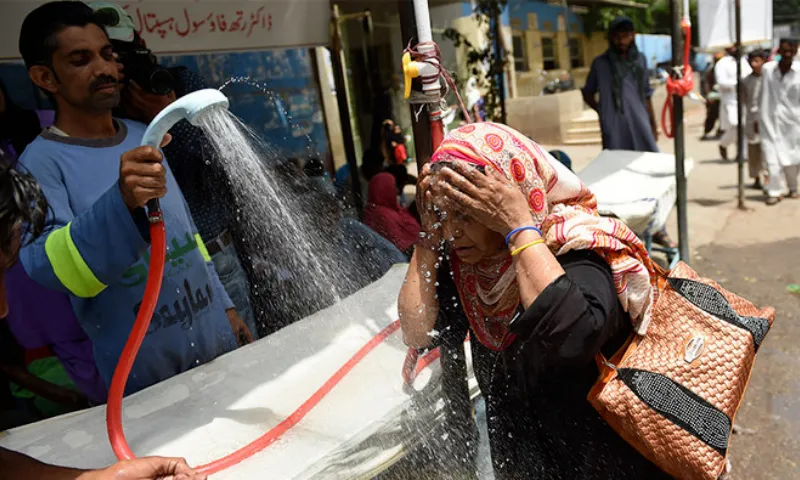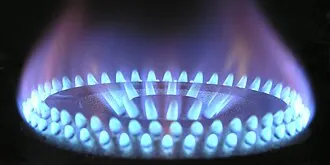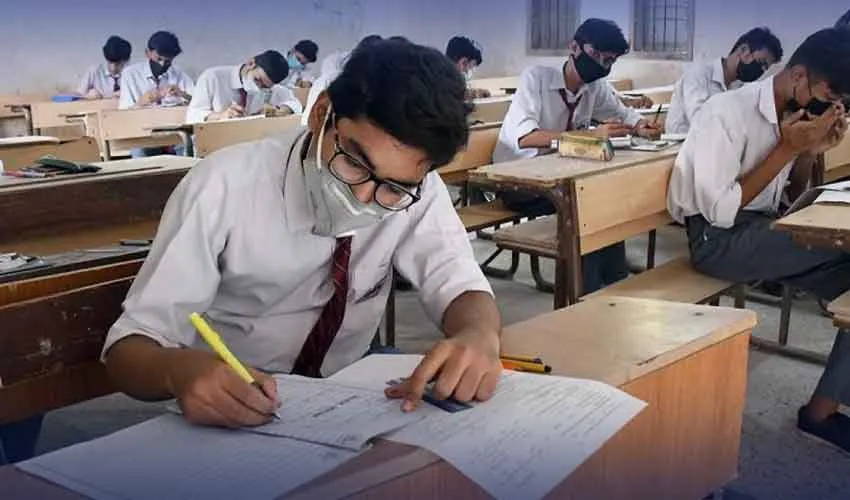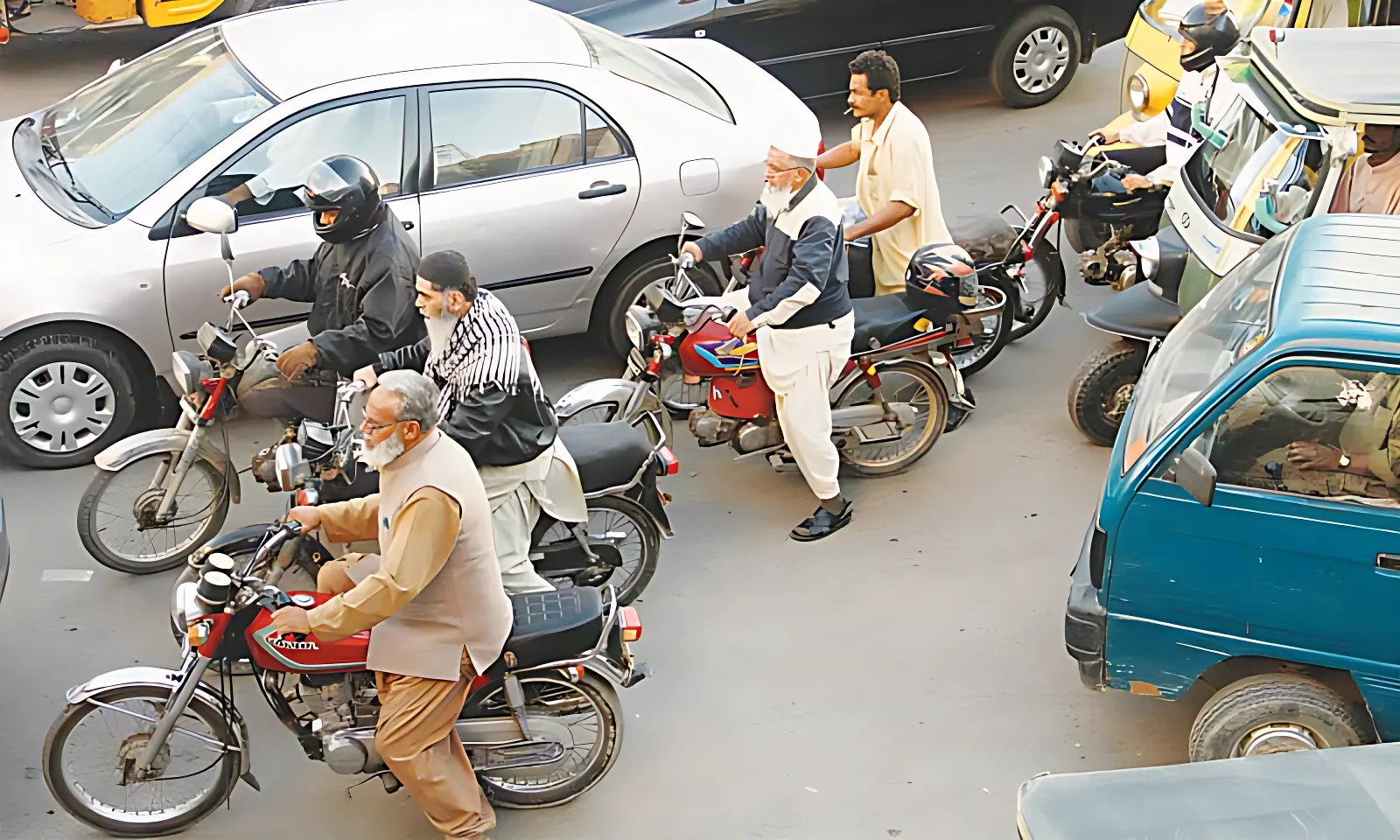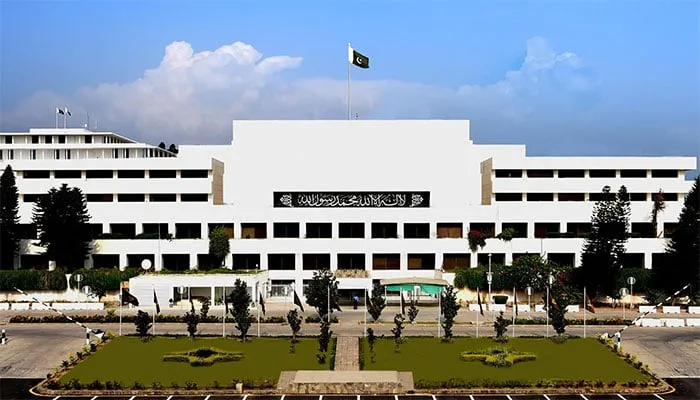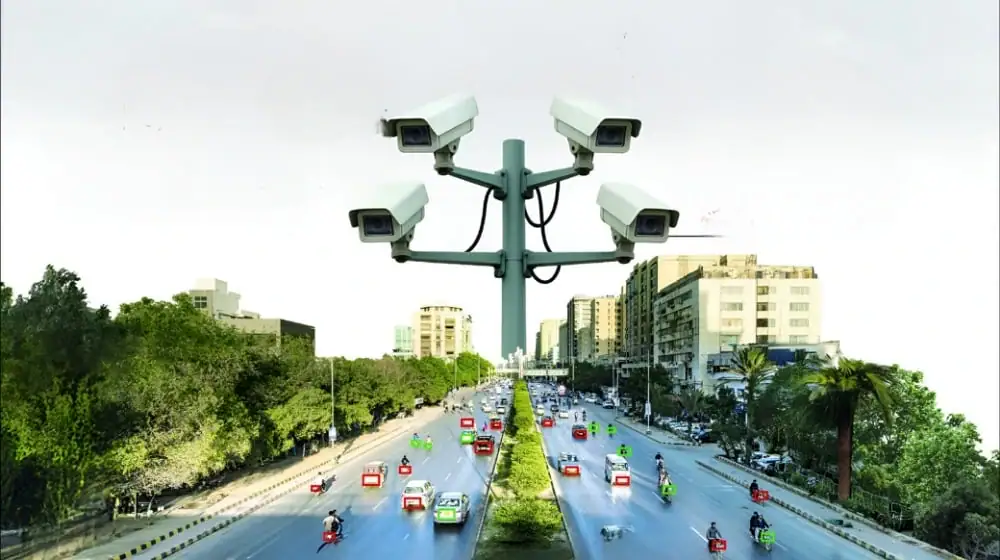Lahore, Pakistan – June 19, 2026 – A severe and persistent heatwave has blanketed large parts of Pakistan, prompting the National Disaster Management Authority (NDMA) to release an urgent public health advisory. With mercury levels climbing dangerously high, particularly across southern Punjab, Sindh, eastern Balochistan, and sections of Khyber Pakhtunkhwa, residents are strongly urged to adopt critical safety measures to prevent the onset of heat-related illnesses. This intense weather phenomenon is anticipated to continue until June 22nd, as per forecasts from the Pakistan Meteorological Department (PMD).
Unpacking Pakistan’s Current Heatwave Dynamics
The prevailing heatwave conditions are a direct consequence of enduring high-pressure systems in the upper atmosphere, leading to exceptionally elevated daytime temperatures. Regions like Jacobabad, Dadu, Larkana, Sukkur, Khairpur, and Nawabshah in Sindh; Bahawalpur, Rahim Yar Khan, Dera Ghazi Khan, and Rajanpur in southern Punjab; Sibi, Nasirabad, Dera Murad Jamali, and Jaffarabad in eastern Balochistan; and Tank, Dera Ismail Khan, and Bannu in KP are projected to experience temperatures soaring between 46-48°C. Even major population centers such as Lahore are feeling the significant impact of this heatwave. This prolonged period of extreme warmth poses a considerable threat to public well-being and demands immediate attention.
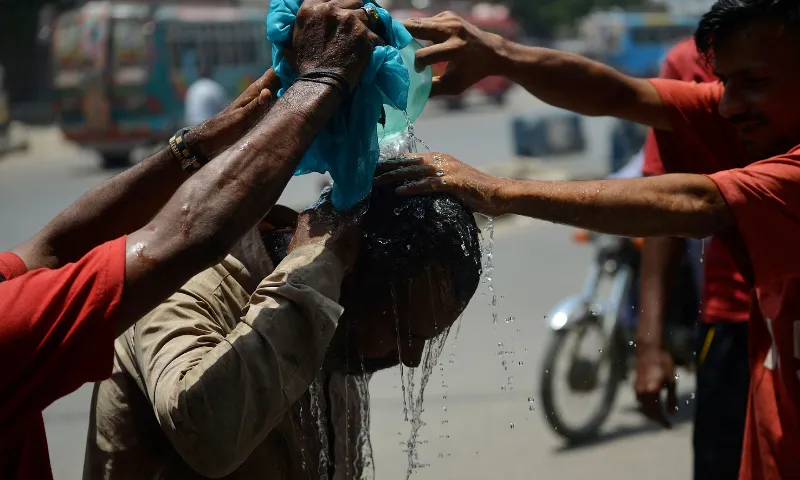
NDMA’s Essential Public Health Directives
In collaboration with the PMD and provincial disaster management authorities (PDMAs), the NDMA has issued comprehensive guidelines to help citizens navigate this perilous heatwave safely. These recommendations are vital for preventing dehydration, heat exhaustion, and potentially fatal heatstroke.
- Prioritize Hydration: Drink abundant quantities of water throughout the day, even if thirst is not apparent. Steer clear of sugary beverages, alcohol, and excessive caffeine, as these can actually contribute to dehydration. Keep oral rehydration salts (ORS) readily available.
- Minimize Outdoor Exposure: Restrict non-essential outdoor activities, especially during the sun’s peak intensity (typically 11:00 AM to 4:00 PM). If outdoor work is unavoidable, ensure frequent breaks are taken in shaded areas or indoors.
- Choose Appropriate Attire: Opt for lightweight, loose-fitting cotton clothing that promotes airflow. Utilize wide-brimmed hats, scarves, or umbrellas to provide direct protection from the sun’s rays.
- Safeguard Vulnerable Individuals:
- Under no circumstances should children, the elderly, or pets be left unattended in parked vehicles, even for a brief duration.
- Regularly check on elderly relatives, young children, and those with pre-existing medical conditions, as these groups are particularly susceptible to heat-related illnesses.
- Implement Cooling Strategies: Take cool showers or baths to lower body temperature. Apply wet towels or sponges to cool exposed skin. Ensure effective ventilation within your home.
- Recognize Warning Signals: Familiarize yourself with the signs of heat exhaustion (profuse sweating, weakness, lightheadedness, nausea, headaches, muscle cramps) and heatstroke (abnormally high body temperature, hot and dry skin, confusion, seizures, loss of consciousness). Seek immediate medical help if anyone exhibits symptoms of heatstroke.
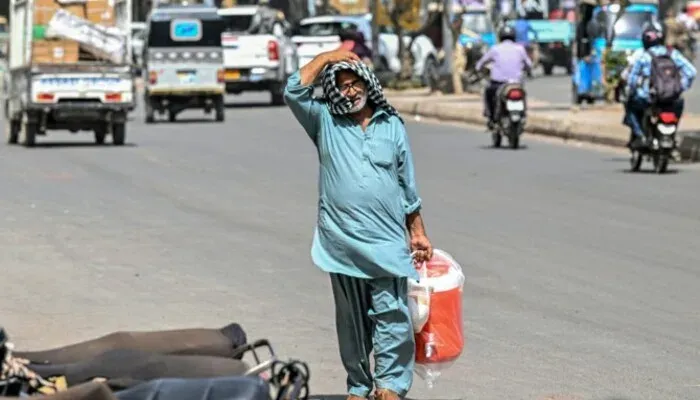
National Response and Preparedness
Government authorities are actively monitoring the evolving heatwave situation. Hospitals nationwide have been placed on high alert, preparing for a potential surge in patients suffering from heat-related illnesses. Relief organizations are also mobilizing, ready to distribute clean drinking water and other essential supplies in the most severely affected regions. Educational institutions in certain areas are even considering adjusting school hours to shield students from the extreme temperatures.
The ongoing heatwave serves as a stark reminder of the critical need for robust climate adaptation measures across Pakistan. The public is strongly encouraged to adhere to the NDMA’s recommendations and to stay informed by regularly checking official updates from the PMD, NDMA, and local authorities. For real-time information and alerts, citizens can utilize the “Pak NDMA Disaster Alert” mobile application. By collectively adopting these precautionary steps, the community can significantly mitigate the adverse impacts of this severe heatwave on public health and safety.



